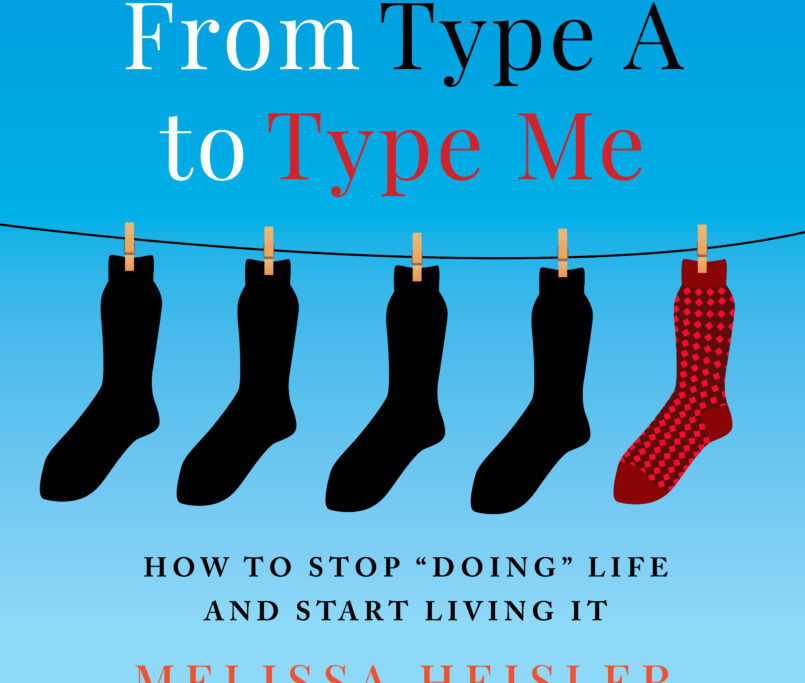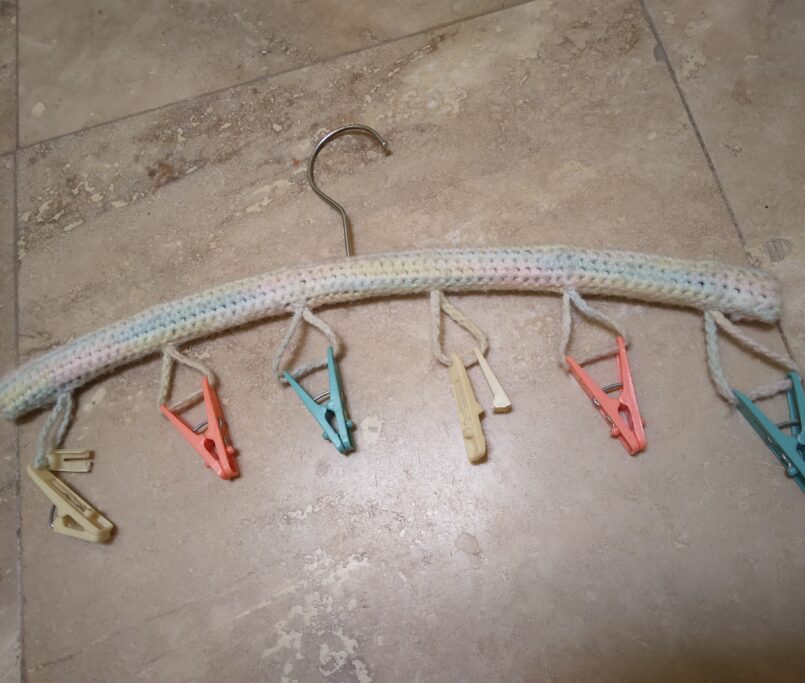Why 20-Year Marriages Thrive
2 Decades, 20 Years, 1040 Weeks, 7300 Days. That is a long time. A long time to be loyal and partnered with one person. My husband and I have been together all that time, plus some, if you count the years we were together before we married. A week before our anniversary, an article on why 20-year marriages end popped into my inbox. Grateful that it was not sent by my husband, I thought it was a good prompt to write a post on how 20-year marriages thrive.
Relationships are Verbs
Whether romantic, platonic, or familial, relationships are a verb not a noun. A relationship is a living entity, not a static object. Being in a relationship is like everything in nature, if the relationship is not constantly changing and growing, it dies. If we want our relationship to stay the same or resign ourselves that it will never get better, the relationship dies. Throughout our twenty years, our relationship, our lives, and each of us as individuals have learned and grown through different challenges. As we learned to navigate each phase of life, our relationship deepened and grew.

Expectations
Every birthday and holiday, I joke with my husband that the present I want is for him to sing, dance, and have an accent. My desire is that he become a cross between Ewan McGregor, David Tennant, and Colin Firth. Not too much to ask for, right? Of course, having unrealistic expectations like these will always lead to disappointment and resentment. Instead, I concentrate on what I do have in a partner. A funny, intelligent man who understands and accepts me better than anyone else could. Reality is better than my expectations.
Assumptions
Everyone brings their history and their previous experiences into a relationship. This past experience becomes expectations of how things should be and our assumptions about why our partner is acting the way they are. These expectations and assumptions are usually wrong. Usually they are negative stories we are telling ourselves. It is important to bring our dishonest thinking to light. Our partner is not a mind reader. My husband can’t know what I am thinking and what I would like from him, unless I verbalize it. Many times, I also need to share my crazy assumptions so he can show me where I am off base. If we keep our assumptions to ourselves, they can never be addressed. We need to have the courage to share our crazy.
Listening
As we need to speak our truth, or what we are experiencing as our truth, so does our partner. A good relationship needs to have a safe space for us to share what we need to share. Hearing and recognizing your partner is the greatest gift you can give – and receive. Your partner feels he is really heard and seen. Through sharing our thoughts and beliefs, we can understand and support our partner on a deeper level.
Do NOT Do Unto Others
When my husband is down, he wants to be left alone to process it. When I am down, I want to be held. If I treated my husband how I would like or he treated me how he would like, it would cause anger and resentment. It is important to ask, not assume, what the other needs. And we need to voice what we need. We deepen our relationship and understanding when we can see from our partner’s point of view, not the way we see the world.
Acceptance
Some of us think we are perfect and everyone else is flawed. Others think they are imperfect, and the rest of the world has everything figured out. Truth is we are all imperfect. We are all doing the best we can. Sometimes we do things well, sometimes we don’t. The same goes for our partner. Believing our partner is infallible is setting up unrealistic expectations. Believing our partner is always wrong, keeps us from seeing their good. Expecting our partner to accept our imperfection but being unwilling to accept when they are imperfect is a recipe for disaster. We are all works in progress and deserve to be accepted as such.
Do Your Work
Many of the marriages and relationships that I have seen fail, the partners blamed each other. He didn’t do that. She is a such-and-such. The key factor that we can and should work on in our marriage is our self. I need to know why I react poorly to him leaving his socks on the floor and I need to change my reaction and boundaries around his actions. It is not about his socks or whether he or I pick them up. The real issue is my perception and judgments about his habits. The issue is mine. I can and should work on making myself be the best personal I can be. In doing so, I may it easier for my partner to be the best man he can be.
Love is Not Enough
Love is great for a happy movie ending, but love is just the beginning in real life. As Into the Woods explores, there is a lot that happens after happily-ever-after. There is a lot of after to deal with after the initial bloom of love fades. Love is wonderful but for me partnership makes a marriage. This harkens back to the verb-versus-noun concept. Many people see love as a noun, as a constant, as a thing that exists in and of itself. But love is a verb. We need to work at love. We need to keep it alive and thriving. We need to nurture and support it. It is not a thing that exists on its own unchanging. It is a fire that constantly needs to be stoked and tended.
Relationship Makes Three
Romantic songs and movies talk about two becoming one. I think a real relationship is two becoming three. It is important to remain oneself, not become co-dependent and merged. A relationship consists of two unique individuals plus the persona of the couple.
I am truly blessed to not have found a mystical romantic soul mate, but to have found my partner in life. Thank you Super Pollo.




